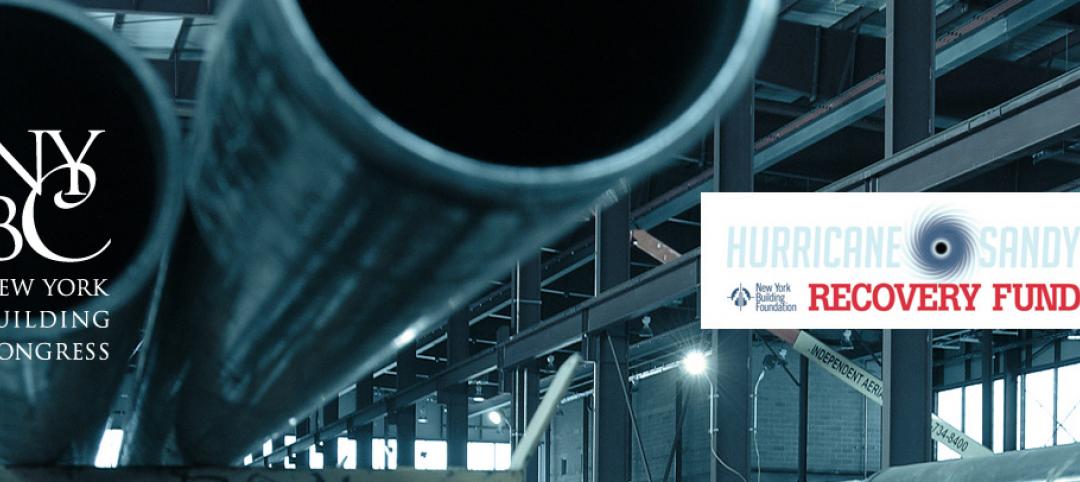Voters in many U.S. jurisdictions passed housing measures Nov. 8 that will collectively set aside billions of dollars in new funding to create more affordable housing and provide protections for renters.
Notable propositions impacting housing include:
- With 92% of votes counted, in Colorado, voters favored passage of Proposition 123, which would require the state to allocate about 2% of income tax revenues in the annual budget for affordable housing.
- A so-called “mansion tax” in Los Angeles appeared headed for passage. It would impose a one-time tax on residential and commercial property sales that exceed $5 million with money directed to construction of affordable housing, emergency rent subsidies, and services for those at-risk homelessness.
- Berkeley, Calif., passed a $650 bond measure that sets aside $200 million to create 1,500 affordable units for low-income residents and people experiencing homelessness.
- Oakland, Calif., passed a $350 million bond measure to buy, rehabilitate, and build affordable housing.
- A bond measure passed in Buncombe County, North Carolina, (including the City of Asheville) that raises $40 million to pay for low-to-moderate-income affordable housing.
- Austin, Texas, passed a $350 million bond measure for low-income rental housing, low-income homeownership, home repairs, and preservation of existing affordable housing.
- A $200 million bond package passed in Columbus, Ohio, to create new affordable units, aid affordable home ownership, preserve existing affordable units, and support residents experiencing homelessness.
- In Kansas City, Missouri, a $50 million bond measure will help rehabilitate, renovate, and construct housing for very low- to moderate-income households.
Related Stories
| Jan 8, 2013
Congress passes Drywall Safety Act
Congress recently passed the Drywall Safety Act; President Barack Obama is expected to sign it soon.
| Jan 4, 2013
AGC economist says "fiscal cliff" deal will give construction a boost
The deal in Congress to avoid going over the so-called fiscal cliff "should encourage many businesses to go ahead with projects they have held in reserve," said Ken Simonson, chief economist of the Associated General Contractors of America.
| Dec 27, 2012
New York City law tracking building energy use yields surprises
A legally mandated report that tracks the energy use of New York City's largest buildings provides details about which buildings are achieving higher-than-expected energy efficiency, such as the Chrysler and Empire State buildings, as well as those that are performing poorly.
| Dec 27, 2012
New Jersey considers green roof mandate for state buildings
The New Jersey legislature is considering a bill that would require installation of green or blue roofs on state buildings that are at least 15,000 sf.
| Dec 13, 2012
So-called fiscal cliff is already affecting construction jobs, AGC finds
In November, the construction industry shed 20,000 jobs and its unemployment rate reached 12.2%, according to an analysis by the Associated General Contractors of America.
| Dec 13, 2012
New York City poised to enact recycling mandate for multi-family dwellings
New York City lags behind other large cities in recycling with only 15% of residential trash being recycled. A new bill passed by the City Council aims to improve the rate by changing how new apartment buildings are constructed.
| Nov 29, 2012
New York contractors say they will pay tax despite a court ruling that the tax is unconstitutional
The New York Building Congress says it will voluntarily pay a tax declared unconstitutional by the courts because, it says, the money is vital to maintaining the city’s transportation infrastructure.
| Nov 26, 2012
Minnesota law to spur development, job creation produced few jobs
Legislation that allowed local governments to direct excess property tax dollars from tax-increment financing districts into other private developments was supposed to kick-start construction hiring in Minnesota.
| Nov 16, 2012
Voters approve fewer construction ballot measures in 2012 than in 2008
Voters passed fewer ballot measures related to construction projects this year than they did in 2008, according to an analysis by the Associated General Contractors of America.















